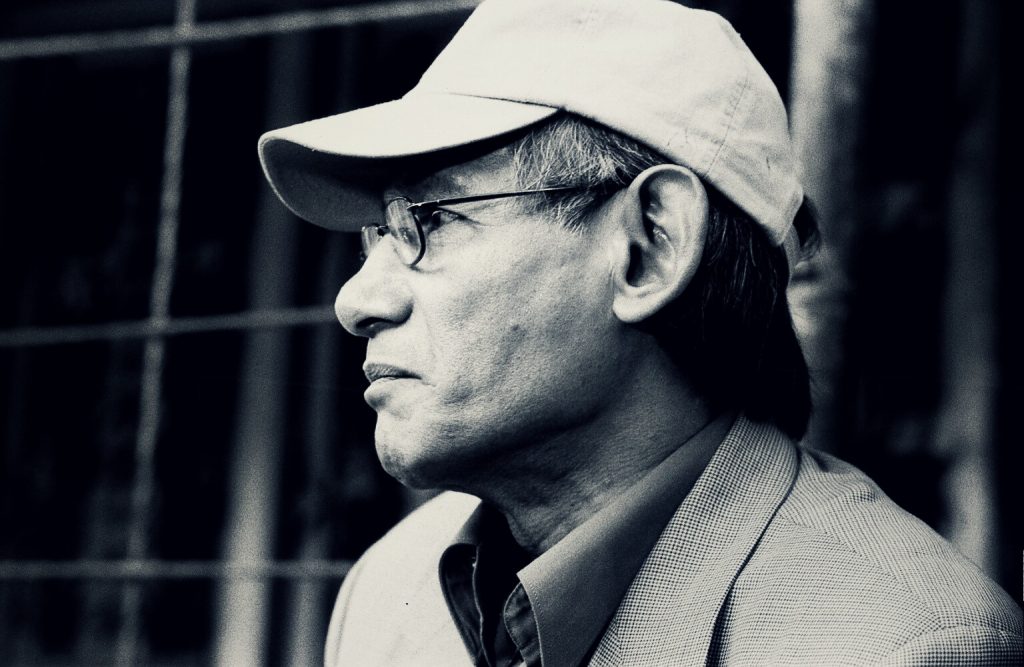The lowdown on the famous Indian serial killer and his Southeast Asian odyssey.
By Tom McLean
Having premiered on New Year’s Day 2021, the BBC’s shocking new miniseries The Serpent is causing a stir across the UK and beyond. Based on notorious criminal Charles Sobhraj’s twisted life and eventual arrest, the miniseries tracks the felon’s exploits throughout Thailand and Southeast Asia in the mid 1970s.
A must-watch for true crime fans living in Bangkok, the series paints a vivid picture of life in Thailand over 40 years ago, while exposing the real-life events surrounding Sobhraj’s outrageous crimes. But what about the real man? How did a French-raised, Vietnamese-Indian man go from being a petty delinquent to a prolific murderer?
Masala gives you the facts:
- Born in Saigon, in 1944, to a Vietnamese shop worker and a Sindhi businessman, Charles Sobhraj (born as Hatchand Bhaonani Gurumukh Charles Sobhraj) was eventually abandoned by his father and raised by his mother’s new boyfriend, a French Army lieutenant.
- Moving back and forth between France and French Indochina, Charles was subject to neglect at that hands of his parents, competing for their affections against their later children.
- After a string of minor crimes and scams, Charles was arrested and jailed in France. It was in prison that Charles first began to hone his skills at manipulation, influencing guards to grant him special luxuries and favours.
- Following his release, Charles flitted between the Parisian underworld and the upper echelons of society, stealing profusely to fund his lifestyle while seducing young Parisian, Chantal Compagnon, to his whims. After proposing marriage to Chantal, Charles was arrested for car-theft on the very same day.
- After his second stint in prison, he and a pregnant Chantal fled to Asia, robbing tourists along the way. Chantal would give birth to their daughter in Mumbai. Charles continued to support his family by stealing but spent most of their savings on his newfound gambling addiction.
- After a series of arrests and lucky escapes, Charles fled to Kabul and then Iran, abandoning his family.
- Travelling across Eastern Europe and the Middle East, Charles eventually convened with his half-brother André and the two quickly became partners in crime. However, after a series of bungled capers, André was arrested and sentenced to 18 years in prison. Charles, on the other hand, managed to escape.
- It was then, after moving to Thailand, that Charles’ crimes took on a more murderous nature. Meeting and manipulating Canadian tourist Marie-Andrée Leclerc, the young traveller became one of his earliest and most loyal followers.
- Charles would continue charming and influencing people across the country, gaining allies and supporters. His standard modus operandi would be to secretly impair his target in some way and then help them recover. He would find and return missing goods that he himself had stolen. He would help sick people convalesce, who he himself had poisoned.
- Charles eventually met fellow criminal, Ajay Chowdhury, and the two began committing murders in 1975. The motives for the killings varied. From wanting to steal their victims’ passports, to fear of their crimes being exposed, Charles and Chowdhury carved a bloody path across Thailand and Southeast Asia. Most of their victims were people the two were already acquainted with.
- While Charles, Chowdhury, and Leclerc continued on with their murderous pan-Asian crusade, Dutch diplomat Herman Knippenberg took an in interest in their crime spree and began his own private investigation, gathering evidence of their deeds.
- After Chowdhury outlived his purpose, Charles murdered him too and began to outfit his clan with new members.
- Charles’ spree would finally come to an end in 1976. After an attempt to drug and rob a French tour group in New Delhi went awry, he and his band were overcome and arrested.
- After a comfortable stint in Tihar prison, augmented by bribery, Charles managed to avoid extradition to Thailand and eventually returned to a comfortable life in France in 1997, at 52 years old.
- Charles’ past would eventually catch up with him in 2003. Using the evidence netted by Knippenberg, Nepalese authorities managed to arrest and convict Charles for his past crimes.
- As of December 2020, Charles remains in prison.
Curious to see how the series adapts Charles’ story? The Serpent is currently streaming on the BBC and is expected to be released on Netflix in the near future!
Body image: Jan Wellmann/ janwellmann.com






